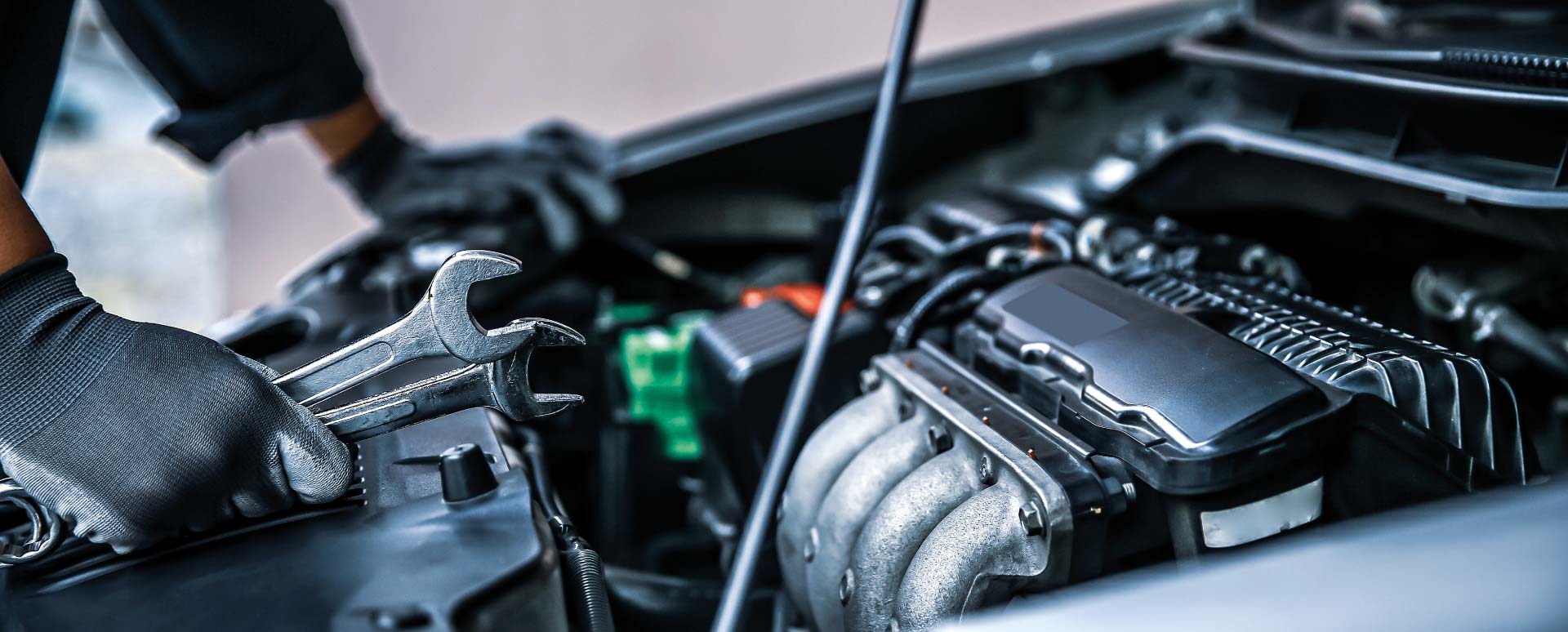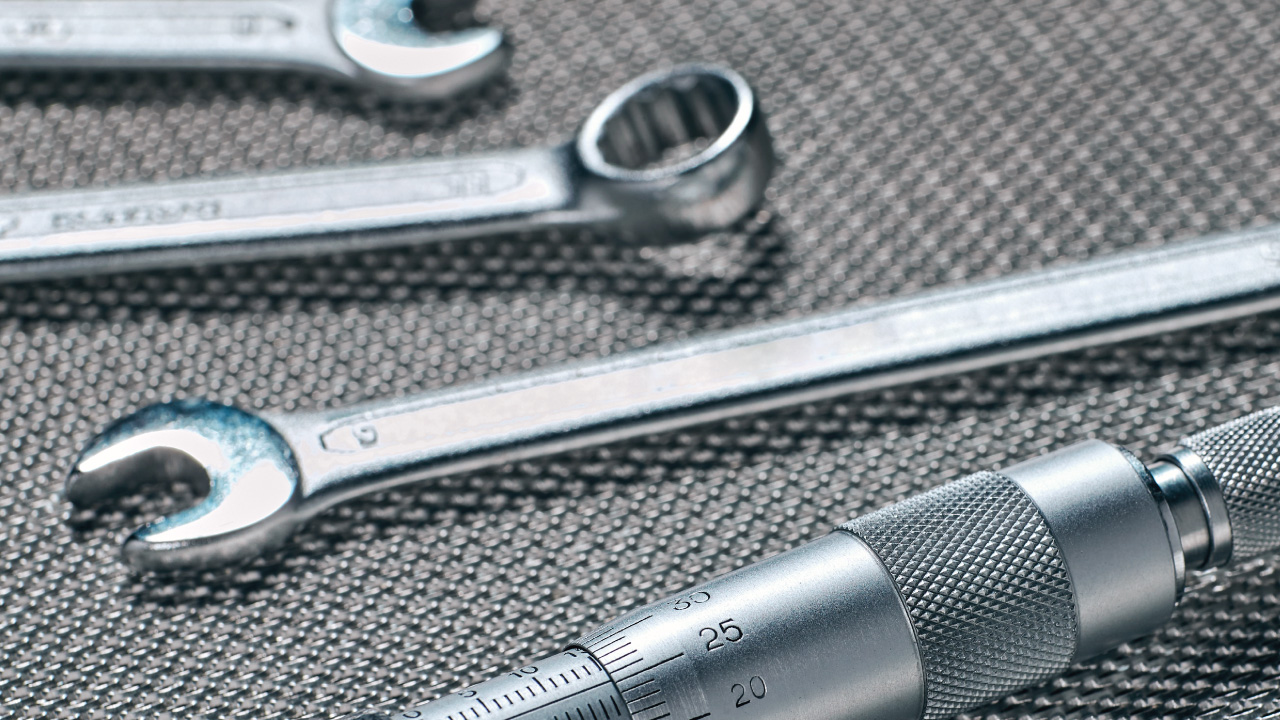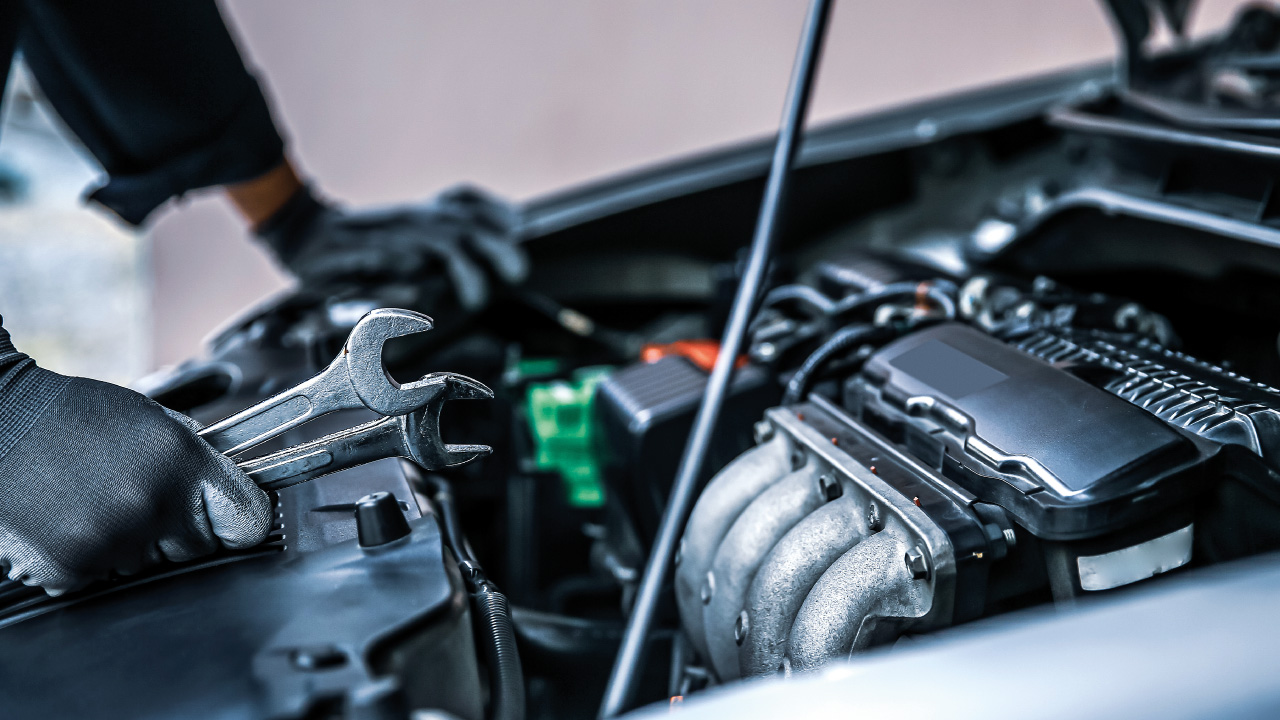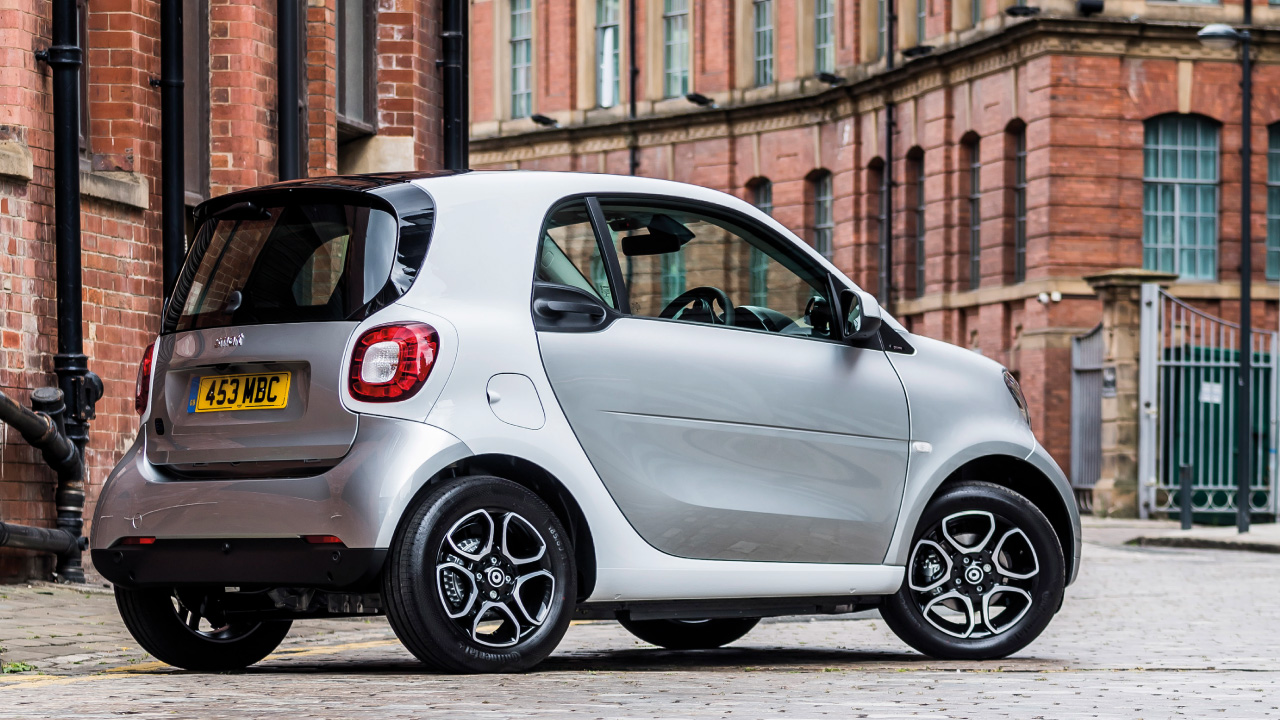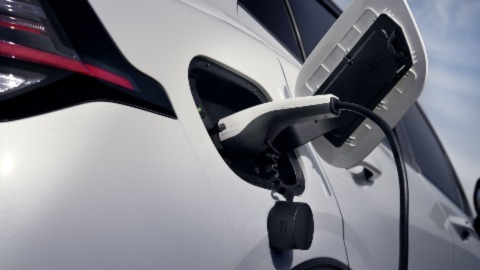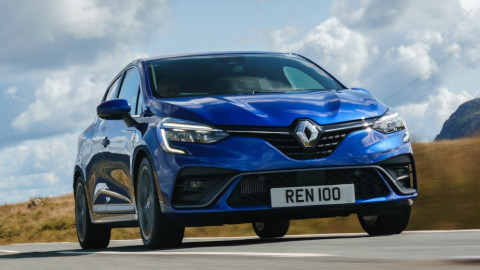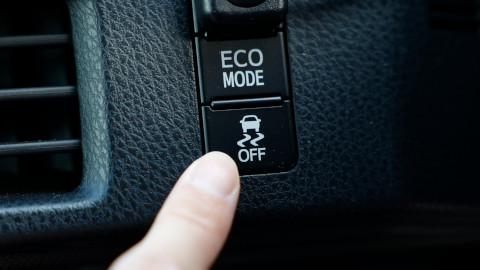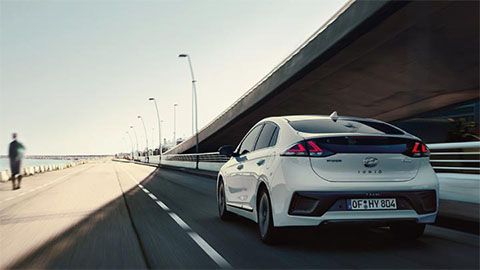What is Torque?
One of the first things car enthusiast check when looking up a new model of car is the horsepower and how fast it can go when accelerated. However, what most people don’t know is that torque is just as important and can make a lot of difference when you drive a car.
This guide will walk you through the definition of torque and explain why it matters.
Content
- What is torque in a car?
- How to calculate torque?
- Why is torque important?
- What cars have high and low torque?
- Does torque affect fuel efficiency?
- Are electric cars high or low torque?
What is Torque in a car?
In physics, torque is a type of measurement used to measure rotational force, in other words, torque is a force that causes something to rotate around a fixed point, also known as axis.
This force is also used in engines. Engines use a lever to help rotate the motor. The shorter the lever, the harder it’s going to be to rotate it and more force will be needed. The longer the lever, the easier it’s going to be to rotate it and less force will be needed.
In car terms, torque measures your vehicle's ability to work, so a car with high torque means that the engine can produce a lot of power.
How to calculate torque?
There are two measurement units used to measure torque: Newton meters (Nm) and the regular imperial measurement of Pounds-Feet (lb-ft) although the latter is outdated.
You can find several conversion calculators online that will help you convert Newton meters into pounds, but if you prefer to do the maths yourself, 1 Nm equals to 0.738 lb/ft.
Why is torque important?
If you’re a car enthusiast or are trying to decide which model is best for you, learning what torque is and how it affects the engine is crucial to help you make a good decision.
As previously mentioned, torque is the amount of force used to rotate a lever that help the engine work. The length of the lever defines how easy or smooth the acceleration of the car will be.
If a car is low torque, short lever, it won’t accelerate as quickly and will feel a bit stiff. If the car is high torque, long lever, it’ll accelerate quickly and will feel a lot smoother. In other words, the more torque you have, the more effortless the acceleration will feel.
What cars have low and high torque?
Usually, city cars with smaller petrol engines are low torque. Some examples of this are the Hyundai i10, which has 100 Nm of torque, Kia Picanto, 96 Nm of torque and Honda Jazz, with 110 Nm of torque. Hybrid engines also tend to have low torque because most of their power comes from the battery.
Most cars can be considered high torque, specially the ones powered by diesel. Some examples of vehicles that can generate high levels torque are the Ford Fiesta, with 290 Nm, Kia Sorento, 440 Nm, and Nissan 370Z, 366 Nm.
Does torque affect fuel efficiency?
Yes, it does. The harder your engine has to work, the most fuel it consumes. That means that low torque cars are less fuel efficient, and you’ll spend more on petrol and diesel.
Diesel cars are a better option if you need to constantly travel long distances at high speed in the motorway.
Are electric cars high or low torque?
Electric cars work differently than vehicles powered by combustion. Even though torque numbers might not be as expressive for some EVs compared to the regular petrol or diesel car, you have to consider that EVs power comes from a battery and the force is available instantly. That’s why you have some examples of electric vehicles that are quick to accelerate at short amount of time.
However, like with combustion engines, in order to have an effortless acceleration and smooth driving, they still need to be high torque.
Learn more about cars with Evans Halshaw
Torque is a force that determines how hard accelerating your vehicle is going to be. The higher the torque the easiest the acceleration is. If your car requires less force to accelerate, it’ll need less fuel to power the engine.
You can learn more about cars and compare models based on efficiency and safety at Evans Halshaw Blog.

